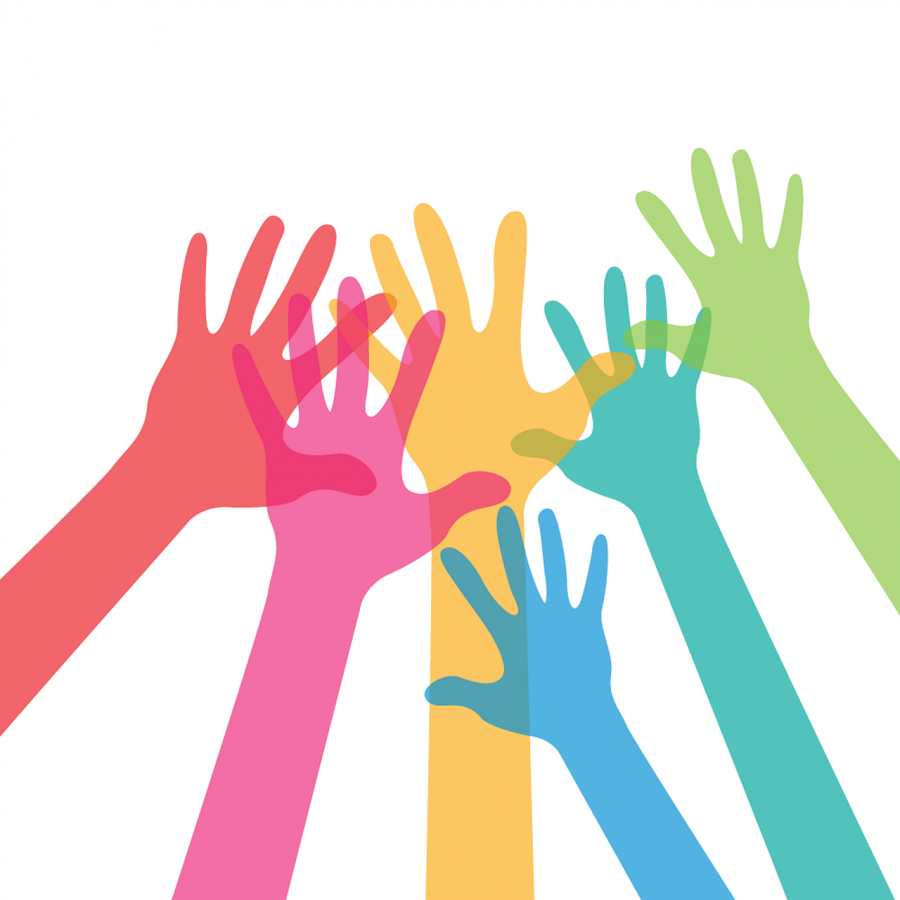Mental health panel bonds students through shared experiences
In recognition of Mental Health Awareness Week, Foothill Psychiatric Services and De Anza Student Health Services held a mental health panel on May 18 discussing students’ personal experiences with mental health, co-hosted by two of Foothill’s counselors, Clifton Der Bing and Lisa Slede.
The panel included three students, all who openly shared their personal stories of the struggles and triumphs they’ve encountered with mental health.
Mochi Maganda, 26, psychology major was among the panelists.
With the help and services provided by Foothill’s Disability Resource Center, Maganda said she was able to find her voice and is now opening up about her battle with anxiety and depression, hoping to break the stigma.
“When you share your story, it creates a dialog and it can change the narrative of how we see the world and how we should be moving in this world,” said Maganda.
Maganda stressed the importance of reaching out for help.
“Remember that you’re not alone. she said. “There’s no shame in using those resources, there’s no shame or guilt in asking for help when you know you need it.”
The unprecedented circumstances have changed the way Foothill-De Anza addresses the mental health needs of its students.
Usually, the college would be providing an opportunity to pet dogs with the focus being on midterm stress-relief, now mental health appointments are made and are held entirely online or over the phone through Psychological Services with a focus on combating the anxiety and isolation that comes with COVID-19.
Ambar Gonzalez, 23, psychology major and a student participant, said it is important to establish a daily routine, in order to maintain a healthy mind.
“I think that the hardest thing is that as an individual you really have to work on finding internal motivation to keep putting one foot in front of the other, especially in terms of school,” she said. “For the most part I have been relying on establishing a somewhat normal routine within quarantine to help me stay motivated and so that one day doesn’t bleed into another.”
Gonzalez also said that hosting more mental health panels may help students during the pandemic.
“More panels are good and important to be able to destress and decompress during this crisis together,” Gonzalez said “Being students in the same situation with classes, finals, graduation stresses, this allows us to connect and support each other. They should be implemented more often.”
Joel Abriam, 22, business administration major and a student participant, said he has a completely different experience regarding his mental health, and found it difficult to relate to others at the panel.
Unlike the panelists, his problems stem from trauma developed as an adult, quickly exposing him to a new world full of stress and anxiety.
“I have to be really honest here, I feel like I didn’t feel a connection to them in some sense or in a lot of ways actually,” said Abriam. “I experienced most of my trauma most of my adult life.”
However, he understands and realizes that the stories shared by the panelists are still important and valid to hear.
“It’s kind of inspiring to see how people with these kinds of disorders can still thrive, and that’s something I feel a lot of people have a stigma towards,” said Abriam. “It’s just something that I feel like people should be more definitely aware about and that’s something that I’m still trying to figure out when trying to I guess make my own story.”



